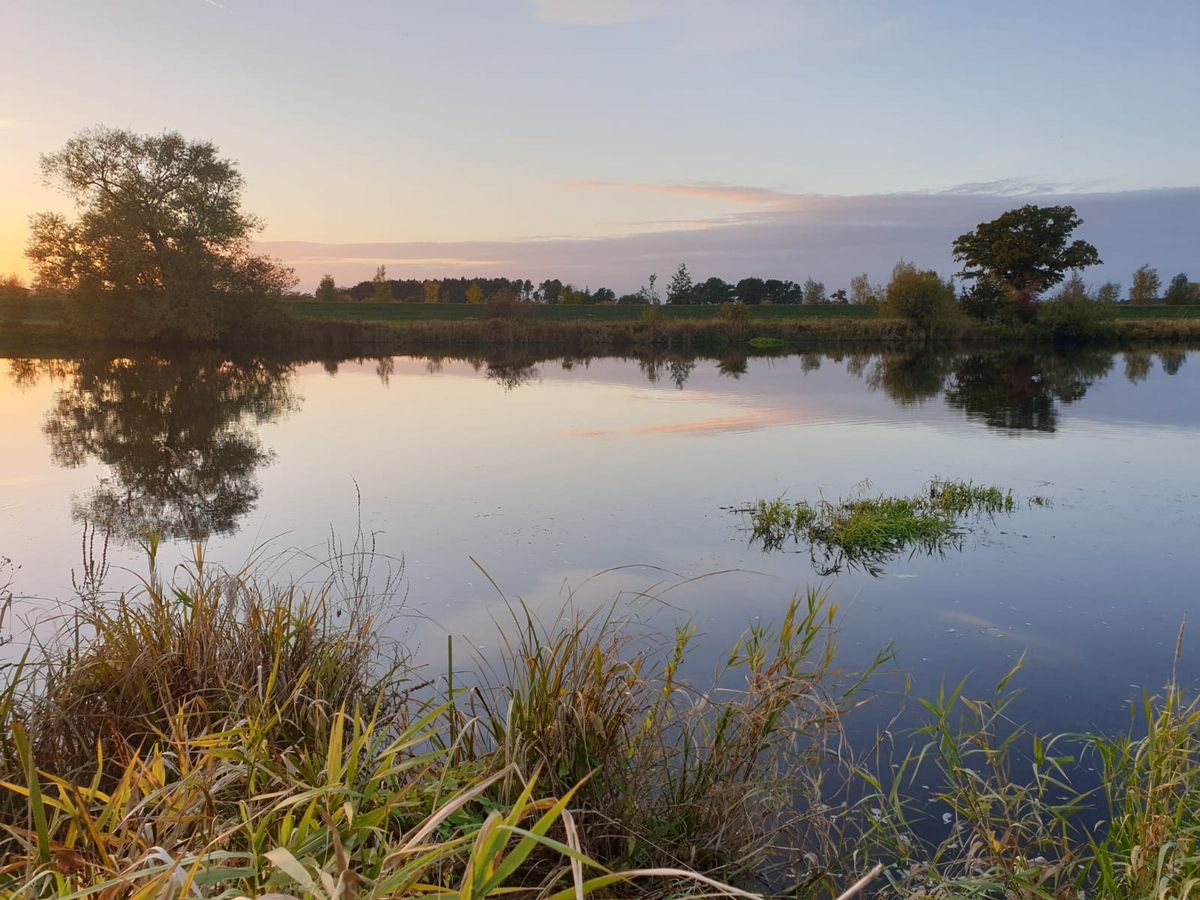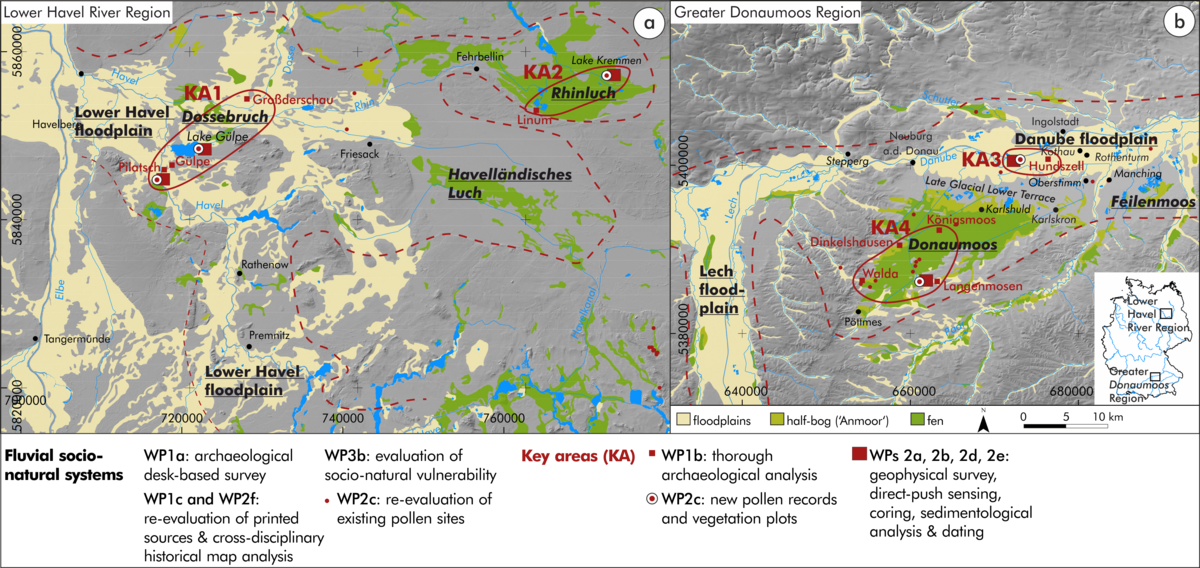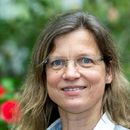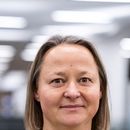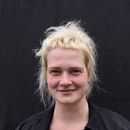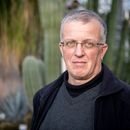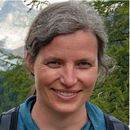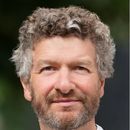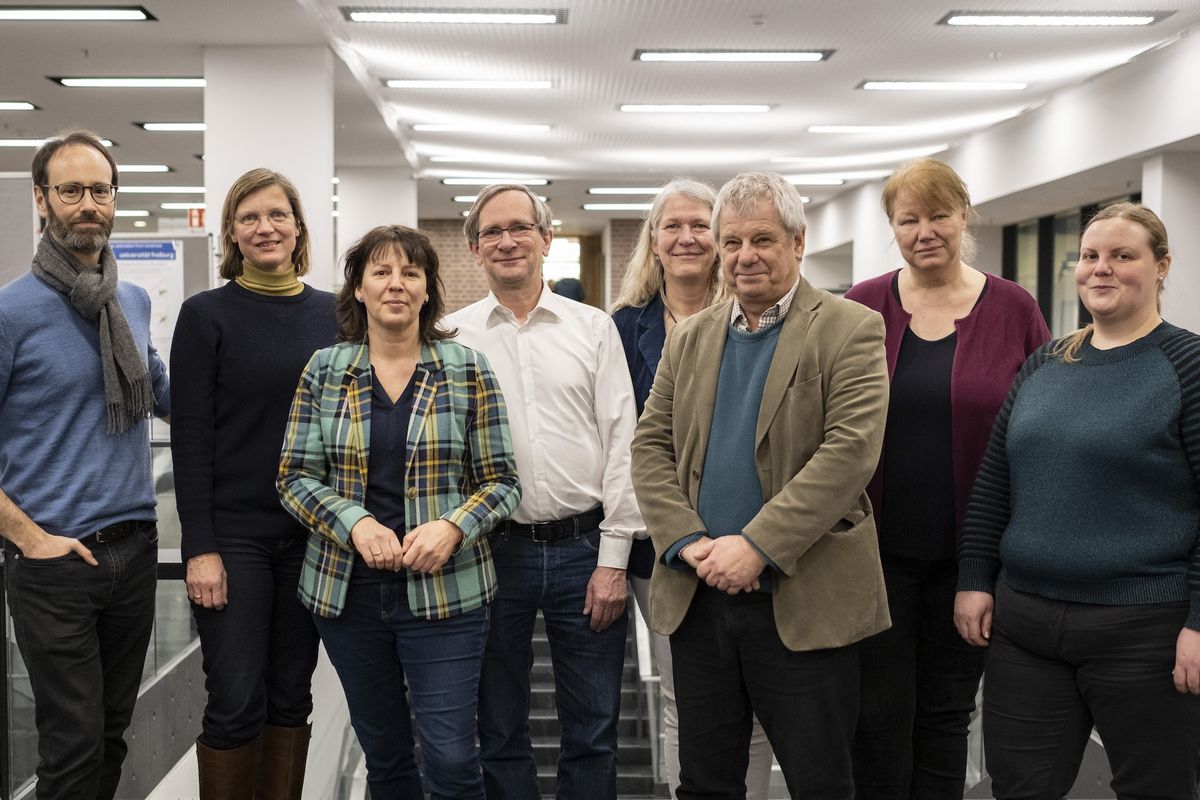The Lower Havel River and Greater Donaumoos Regions: „Failed“ or „successful“ reclamation of floodplains and peatlands? – A comparative analysis
Floodplain and Peatland „sister ecosystems“
Central Europe still hosts large areas of floodplain and adjacent peatland ecosystems, which both developed during the Holocene as a result of partly coupled hydro-sedimentary processes. These two „sister ecosystems“ remained in a near-natural condition until the late medieval to preindustrial period, mostly due to natural restrictions on human use.
Human interventions in floodplains and peatlands
Since then, large proportions of them have been massively transformed through human interventions such as clearing of riparian forests, land reclamation, and hydro-engineering which first occurred in the floodplains. In peatlands, these only started in the 17th and 18th centuries through extensive land reclamation in the context of centrally planned inland colonisation. As a result, semi-terrestrial ecosystems were often destroyed. Moreover, the measures also led to considerable changes in the rural socio-economic structure, e.g. due to controlled immigration. Taken together, these processes might have led to „great transitions“ of the fluvial socio-natural site.
According to the 2361 Priority Programme „On the Way to the Fluvial Anthroposphere“, the question arises as to whether or when specific floodplains and adjacent peatlands must be understood as a Fluvial Anthroposphere; and which socio-ecological processes contributed to their development. Studying these processes retrospectively also helps us to better understand ongoing effects of climate change and land-use change on these vulnerable socio-ecological systems.
Major aims
The major aim of our interdisciplinary research project is a comparative, retrospective assessment of land-use changes, land reclamation, hydro-engineering and ecological changes in two fluvial socio-natural systems located in Central Europe.
These are the Lower Havel River Region and the Greater Donaumoos Region. Here, we will reconstruct human interventions with an integratived multi-methods approach. We will synthesise our findings from historical archaeology, geoscience and plant ecology to improve our understanding of environmental responses, socio-natural feedbacks, and their spatiotemporal variability in both study regions. Based on this synthesis, we aim to capture potential great transitions from nature-dominated floodplains and adjacent peatlands towards the Fluvial Anthroposphere. This will also allow us to understand socioeconomic path dependencies initiated by environmental constraints. Although the temporal focus is on the medieval and pre-industrial modern periods, earlier environmental phases will be considered to identify Holocene boundary levels.
Methodological Approach
To capture the interactions between climate, hydro-sedimentary dynamics, vegetation dynamics, society and material culture and to detect past socioecological transitions, we will conduct a cross-disciplinary (semi-)quantitative approach. This will also enable us to perform a socio-ecological risk assessment towards climate change, and to contribute to ongoing discussions on cultural heritage, rewilding and rewetting.
Project Publications
Zielhofer, C.; Schmidt, J.; Reiche, N.; Tautenhahn, M.; Ballasus, H.; Burkart, M.; Linstädter, A.; Dietze, E.; Kaiser, K.; Mehler, N., 2022. The Lower Havel River Region (Brandenburg, Germany): A 230-Year-Long Historical Map Record Indicates a Decrease in Surface Water Areas and Groundwater Levels. Water 14, 480. doi.org/10.3390/w14030480.
Werther, L.; Mehler, N.; Schenk, G.J; Zielhofer, C. 2021. On the Way to the Fluvial Anthroposphere – current limits and perspectives of multidisciplinary research. Water 13, 2188. doi.org/10.3390/w13162188.
